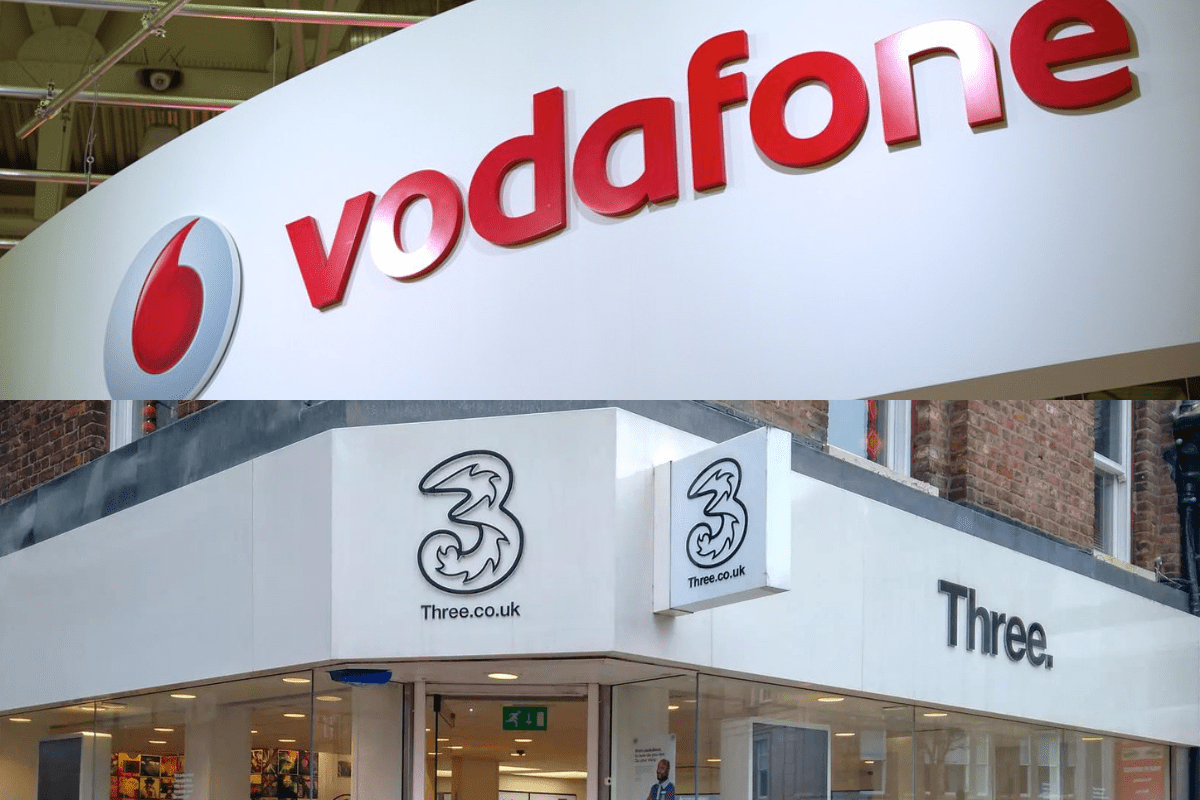BT warns Vodafone/Three merger will hike prices, lower network quality & cut investment

- Monday, June 17th, 2024
- Share this article:
BT has slammed the potential merger between Vodafone and Three UK, claiming the move will “significantly reduce competition” which will later result in “higher prices, poorer network quality, and reduced incentives to invest”.
According to the telecoms giant, the proposed merger between Vodafone and Three would control over 61% of UK mobile network capacity, resulting in unprecedented spectrum asymmetry compared to BT and VMO2.
Subscribe to Mobile Marketing Magazine
Click here to get the latest marketing news free in your inbox every Thursday
This dominance would allow the merged entity to invest excess capacity into its network while hoarding spectrum, thereby discouraging BT and VMO2 from making necessary investments, BT claimed.
Meanwhile, BT is also concerned about the impact of its network-sharing joint venture with Three, Mobile Broadband Network Limited (MBNL), which could give Vodafone/Three access to commercially sensitive information about BT’s investment plans.
However, the first phase of the Competition and Markets Authority’s (CMA) investigation of the deal echoed similar concerns, suggesting that it “could lead to mobile customers facing higher prices and reduced quality”.
The Phase 1 report added that Three UK was “generally the cheapest” of the four primary mobile operators and that combining the company’s “will reduce rivalry between mobile operators to win new customers“, therefore resulting in higher prices.
Additionally, Vodafone and Three have argued that they currently operate below its cost of capital and lack the scale to invest adequately in 5G deployment, despite BT claiming that the merger, without mandated concessions, would push the competitive balance too far.
However, the CMA added it “does not believe that there is detailed and verifiable evidence demonstrating that any customer benefits from any accelerated roll out of 5G SA would be timely, likely to materialise or sufficient to outweigh the Significant Lessening of Competition.”















